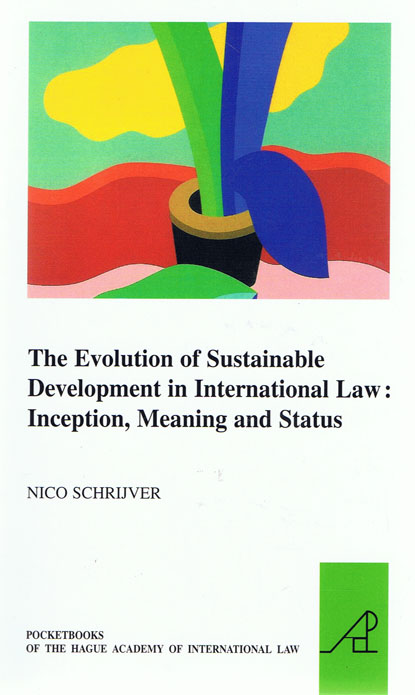
In a relatively short time the concept of “sustainable development” has become firmly established in the field of international law.
The World Commission on Environment and Development concisely defined sustainable development as follows: “development that meets the needs of the present generation without compromising the ability of future generations to meet their own needs”.
This definition takes into account the needs of both the present and future generations as well as the capacity of the earth and its natural resources which by clear implication should not be depleted by a small group of people (in industrialized countries).
The aim of this book is threefold : to review the genesis and to clarify the meaning of the concept of sustainable development, as well as to assess its status within public international law. Furthermore, it examines the legal principles that have emerged in the pursuit of sustainable development. Lastly, it assesses to what extent the actual evolution of law demonstrates the balance and integration with all pertinent fields of international law as urged by the Rio, Johannesburg, and World Summit documents.
This is the second volume in the Hague Academy of International Law Pocket Book Series; it contains the text of the course given at the Hague Academy by Professor Schrijver.